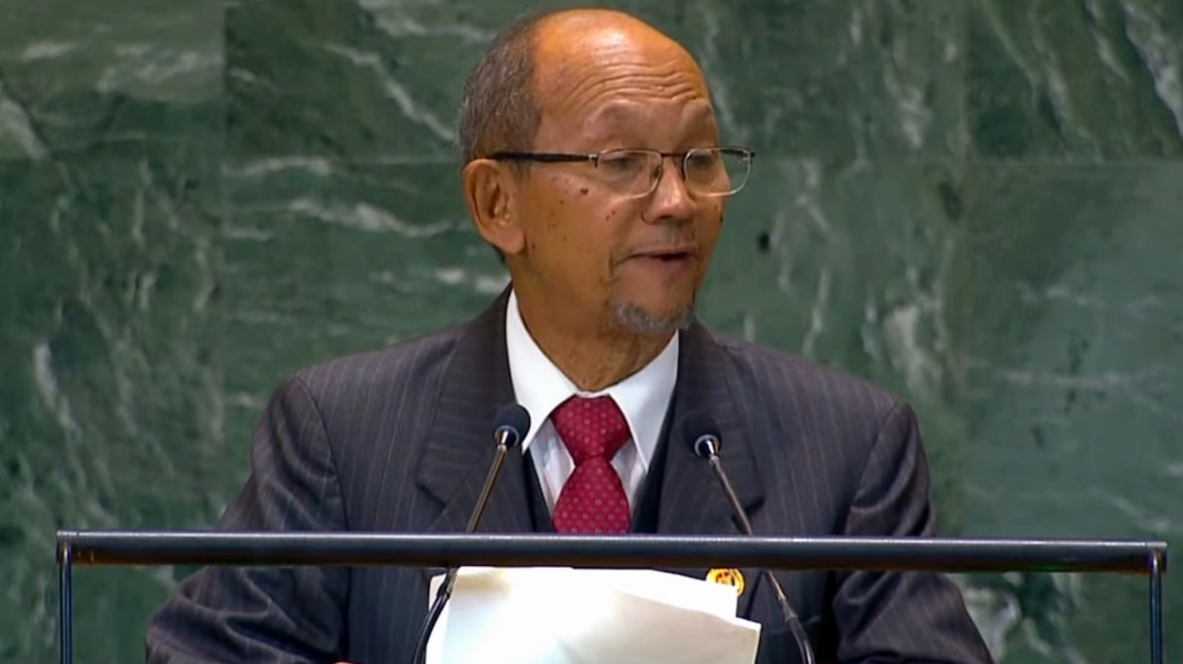As an 18-year-old online college student, Kyle Rittenhouse wouldn’t appear to have deep pockets to pay for any award should he face —and lose — a civil trial in the shooting deaths of the two men he was acquitted of killing on Friday.
But Rittenhouse has proven to be a prodigious fundraiser when it comes to gathering resources to pay for his bail and defense in the wake of the deadly violence last year in the aftermath of the police shooting of Jacob Blake in Kenosha, Wisc.
“He’s a public figure now, and money might come in,” said Ion Meyn, who teaches law at the University of Wisconsin-Madison. “I’m not convinced there’s nothing there.”
Supporters have already given more than $2 million for his legal defense.
If Rittenhouse were taken to civil trial for wrongful death, the teen could claim self-defense, as he did during the criminal case. He has said that he went to Kenosha to protect property from rioters but that he came under attack and feared for his life when he shot three people, two of them fatally.
But the burden of proof civil plaintiffs need to make, by a preponderance of evidence rather than beyond a reasonable doubt, is much lower than what Kenosha prosecutors faced during the criminal trial, legal experts say.
“In a civil case you just have to prove negligence,” said Rory Little, a professor at the University of California Hastings College of Law. “Did his conduct fall below the standard of care that the average person would have?”
Rittenhouse “could say, ‘I didn’t have the intent to kill anyone — I just panicked,'” Little added. “The jury could still say, ‘We didn’t think the average person would do what you did.’ If your conduct is judged to be less than that, you lose.”
A civil action would also allow a jury to examine a broader range of evidence.
In the criminal case against Rittenhouse, Judge Bruce Schroeder barred jurors from considering Rittenhouse’s links to the sometimes-violent, far-right Proud Boys and from seeing a video that prosecutors said showed him injuring a teenage girl.
Instead, jurors were told to focus on the few moments before the shootings — or what Little called “a narrow piece of the day’s action.”
“In a civil case, you can broaden the field,” he said. “You can look into things like, what was he doing there?”
Even if there’s no financial payout for taking Rittenhouse to civil court, the symbolic value of such action could be of emotional value to the victims’ families.
The families of Ron Goldman and Denise Brown famously took O.J. Simpson to civil court after a criminal jury cleared the former football star of double murder.
A civil panel found Simpson liable for Goldman and Brown’s deaths, though Simpson has paid only a fraction of the $33.5 million judgment.
“It would make a statement, and there’s definitely people who want to return something else, provide another view,” Meyn said.
“That could be worth something, giving (the victims’ families) a certain amount of accountability that the criminal justice system couldn’t afford them.”
Jeff Scott Olson, a civil rights lawyer in Madison, Wisc., said that even though Rittenhouse probably isn’t worth a “hill of beans,” a civil judgment against him would function as a lien against his assets for years.
“Maybe he’d come into money,” Olson said.
The federal government will also likely investigate to determine if a criminal civil rights violation occurred, Little said.
Authorities are unlikely to bring such charges, because the burden of proof — beyond a reasonable doubt — is the same as state criminal court, he said. But every once in a while it happens.
Little pointed to the aftermath of the brutal beating of Rodney King in 1991, when four Los Angeles police officers were acquitted of excessive use of force. The year after the acquittal, in a separate case, federal authorities secured convictions against two of the officers for violating King’s civil rights.
The officers served 30 months in prison.





